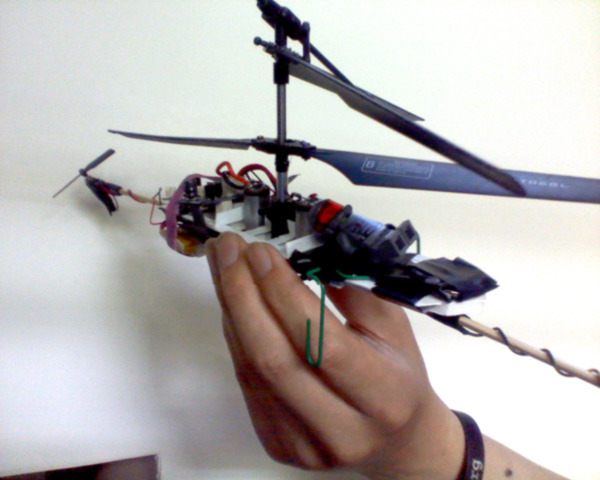Cube777
0
- Joined
- Jul 22, 2012
- Messages
- 426
- Points
- 28
Hi LPF,
I have this craving to learn more about electronics and I already know the basics but I would love to know more. Where and how did you learn about electronics? Would you recommend any specific books (or websites) to read? I already found books such as "The Art of Electronics" etc. on Google but I would like to find out about more titles before buying the book. Thanks for reading!
I have this craving to learn more about electronics and I already know the basics but I would love to know more. Where and how did you learn about electronics? Would you recommend any specific books (or websites) to read? I already found books such as "The Art of Electronics" etc. on Google but I would like to find out about more titles before buying the book. Thanks for reading!






